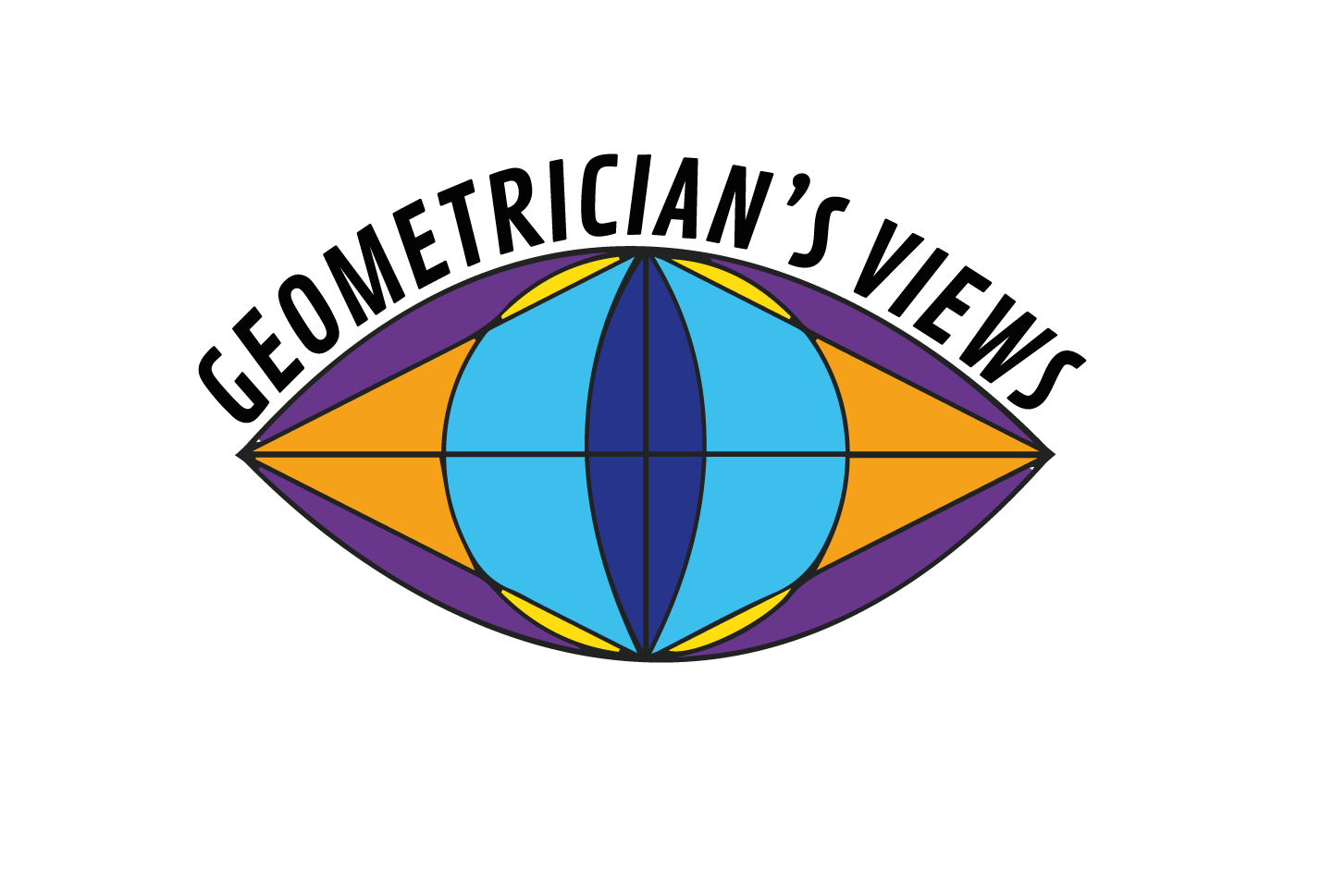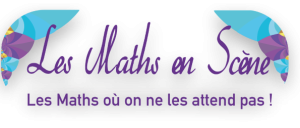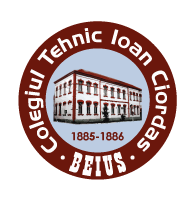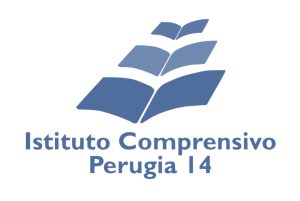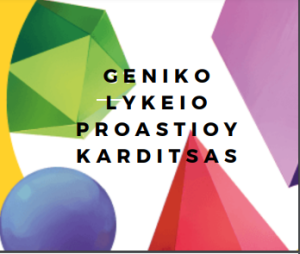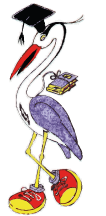Our Parteners
This project is in cooperation with 6 European partners!
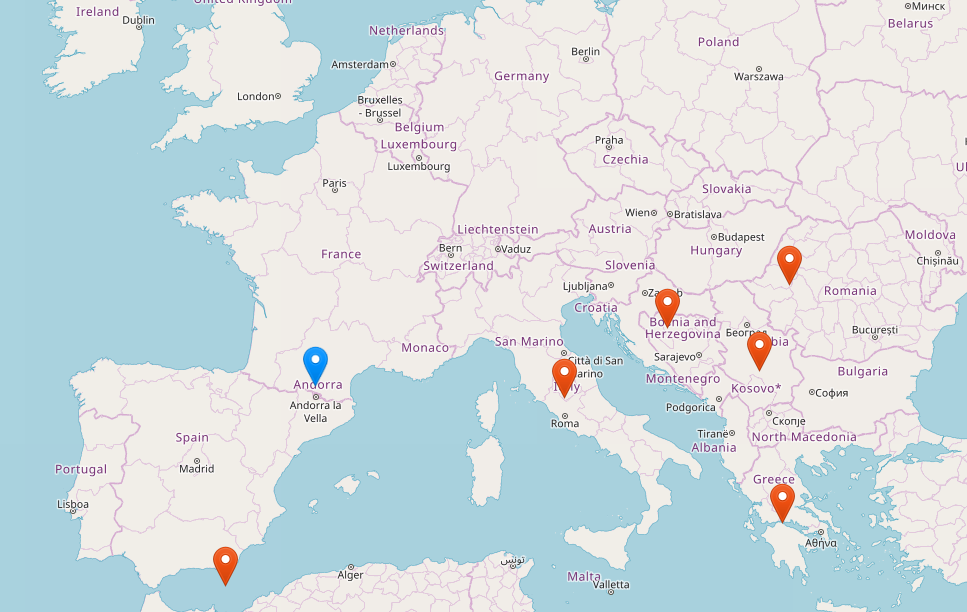
Display the project’s participants on map in the Erasmus page
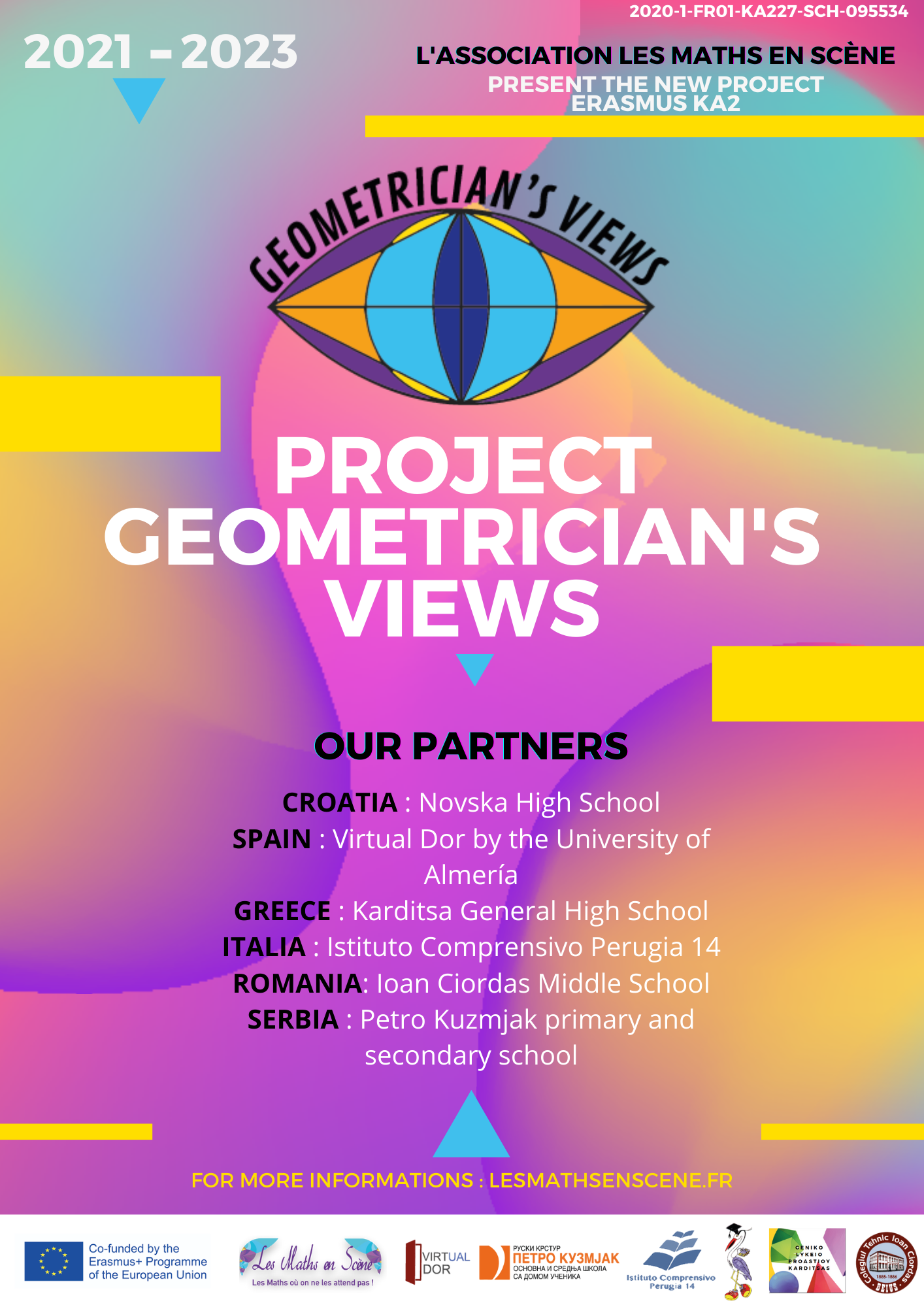
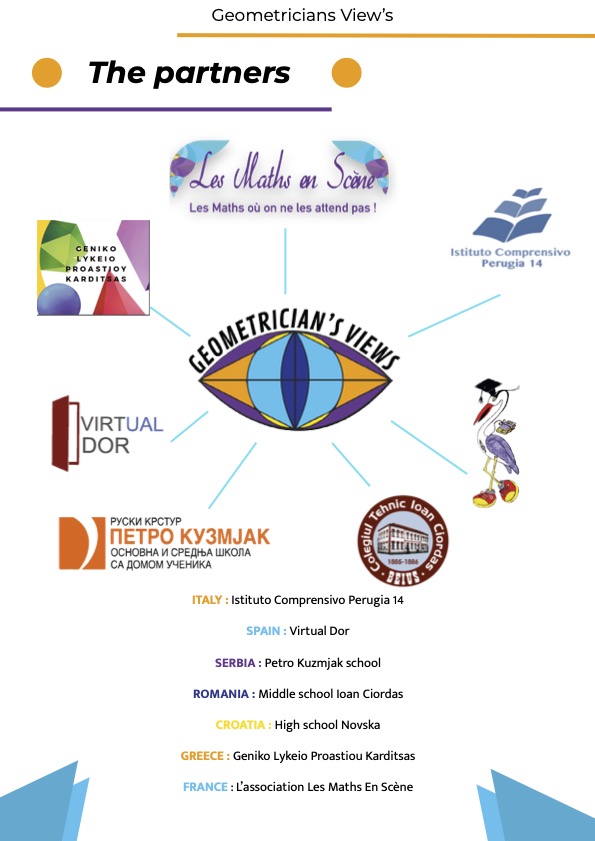
Les Maths en Scène (France)
The association Les Maths en Scène was founded in 2016, following the observation that approaches to popularize mathematics would benefit diversification, and that it can be extremely fruitful to mix the mathematical and artistic approaches. In particular, the association introduces new outreach initiatives to disseminate mathematical culture, via performing arts and theatre, plastic arts, games, litterature, digital works. The association brings together researchers, teachers and students. Its objective is to work for popularization of mathematical culture and computer science by actions involving the general public and the school students.
Middle school Ioan Ciordas (Romania)
The technics middle school Ioan Ciordas sits in Beius, a city of more that 10 000 inhabitants, in the North-West of Romania. In may 2020, they celebrated the 134th anniversary of the creation of the school. In 2020-21, they educate 700 students between 11 and 19 years old. At middle school level (5th-8th grade) they establish general culture and education. At high school level they have a general and a professionnal programme, for students between 15 and 19 years old, introducing them to various professions, giving them a better start in life. This offers a coherent school plan.
The theaching staff consists in 50 professors. The last 12 years, they implemented in the school eTwinning international projects. The last 6 years they implemented Erasmus + (KA1) projects. They also coordinate projects at regional and national level.
Virtual Dor (Spain)
Virtual Dor is a spin-off from Almería University, specialised in the creation of educative video games. Its members are professors from the university, in computer science, mathematics and psychology. They have developped different softwares for 3D simulation and virtual reality, with the objective of learning and teaching mathematics (targetted to students and people with disabilities), evaluating and detecting intimidation and dependence of teenagers, reducing social stigmatization against people with mental illness, etc.
These projects have been founded by different grant calls, from local Andalusian government and from the national Spanish research plan.
Petro Kuzmjak (Serbia)
Petro Kuzmjak is a school complex that hosts a primary and a secondary school. Its particularity is that the pupils have a bilingual teaching. The school offers both general teachings and also has a specialized preparatory programme for tourism related professions.
For more informations, you can check their website.
The Petro Kuzmjak school sits in a rural area of the country, yet it integrates a modernization and innovation approach, both from the material and the pedagogical viewpoints. The teachers will diversify and improve their skills, their students will benefit from a comparative approach through real exchanges with pairs based in other countries. Since its beginnings, the school supports multidisciplinary teaching and openness towards the world, and international exchanges.
Istituto Comprensivo Perugia 14 (Italy)
The Istituto Comprensivo Perugia 14 is a public Italian school covering early childhood, primary, and low secondary education. Roughly one thousand students belong to our school, which is split into nine branches. From 250 to 280 students belong to the low secondary branch, called “Bonazzi-Lilli”, held in a relatively new and wide building in Ponte Felcino, a neighborhood of Perugia. In addition to the national curriculum, our school offers the opportunity to learn one amid the following musical instruments: violin, piano, guitar, and clarinet.
Being attended by students of a wide range of different nationalities, our school is proud to be a center of effective educational and social integration. Our classes harbor roughly 25 % of foreign students, leading to a highly enriching cosmopolitan community.
Three main concepts can summarize the educational objectives pursued by our school:
1) knowledge;
2) skills;
3) active citizenship
Geniko Lykeio Proastiou Karditsas (Greece)
Geniko Lykeio Proastiou Karditsas (GLPK) is a peripheral school with 70 students and 14 teachers.
The school started european mobility and partnership two years ago. The first project is called “European Schools, adding electronic and digital variables”. By this project, we aim at taking the digital turn and improve our teaching techniques.
The students became pioneers and helped them to implement their digital turn. First, they were involved in interface material, participated to the preparation of the lesson. They taught their professors how to operate their digital TV (bought through the project). Second, the students were actively involved in the teaching process.
High school Novska (Croatia)
High school Novska hosts around 280 students, between 15 and 19 years old, and 48 staff members. It offers general teaching programs and professional ones.
The school takes the interest of the students into account, hence it offers several complementary activities at the school and also extracurricular activities. Up to now, the students from High school Novska participated in various international events in the frame of the eTwinning program.
The school enables its students to get involved in competitions open to all schools of the region and the state, in the whole set of disciplines of the curriculum. To promote this involvement, the school produces every year a video presenting the different events, projects and competitions to which it contributed.
In all projects to which the school contributed, it was able to address the key skills for the students, for instance communicating in a foreign language, or interpersonal and intercultural skills.
